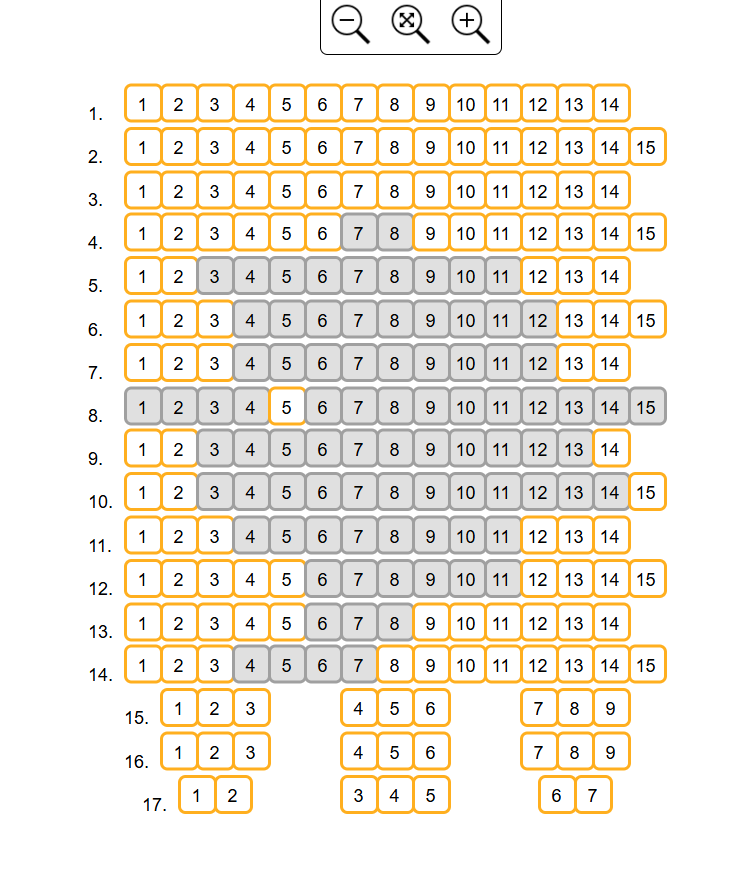Cardiac MRI
Cardiac MRI (magnetic resonance imaging) is an advanced cardiac imaging test that allows your doctors to see structural details of your heart and how it functions in real time. It is a noninvasive test that uses a magnetic field and radio waves rather than radiation to form images.
Why cardiac MRI is performed
Cardiac MRIs are performed to give your cardiologist more precise information about your heart function that was not available from other imaging tests, such as X-rays or computed tomography (CT) scans. Your cardiologist may request a cardiac MRI to look for signs of:
- Coronary artery disease, commonly known as heart disease
- Muscle damage to the heart caused by a heart attack
- Heart failure
- Heart valve problems
- Congenital heart defects
- Pericarditis
- Cardiac tumors
What to expect
Cardiac MRIs are performed in a specialized radiology imaging center or in a hospital. In general, MRI scanners are large imaging machines that house the magnet and have an opening in the middle. You will lie on a narrow table that slides into the MRI machine. The radiology team may give you a sedative if you are claustrophobic or become anxious during the test. Some facilities have newer models that are not completely enclosed. There is an intercom the operator can use to communicate with you throughout the test.
Your cardiologist may track how blood flows through your heart and blood vessels by using a contrast material. The contrast material makes it easier to see blood vessels and other tissues. An MRI with contrast is MR angiography, or MRA. It most commonly uses a material called gadolinium, which does not contain iodine.
Let your doctor know ahead of time if you have ever had a reaction to dye or contrast material or if you have kidney problems because there is a risk the material can damage your kidneys. Also, it’s not unusual to have a slight metallic taste in your mouth, a slight burning sensation at the injection site, or overall warm flushing from the contrast. These usually last only a few seconds.
MRIs are noisy, which can be disturbing for some patients. Many facilities provide you with headphones or ear plugs to help block the noise — some allow you to listen to music so ask if you can bring some of your favorite tunes. An MRI lasts 30 to 90 minutes.
You will be asked if you have any metal or electronic implants inside your body before the MRI. The magnetic field may damage some implants, particularly pacemakers and defibrillators. While MRIs still may be done if you are pregnant, the radiologist may suggest an alternate test.
Recovery after cardiac MRI
You can resume your daily routine following an MRI if you did not receive sedation. Otherwise, you may need someone to drive you home following the test.
A radiologist interprets the images and consults with the doctor who requested the MRI. The detailed images of your heart help your doctor make an accurate diagnosis and guide next steps, including any necessary treatment.





